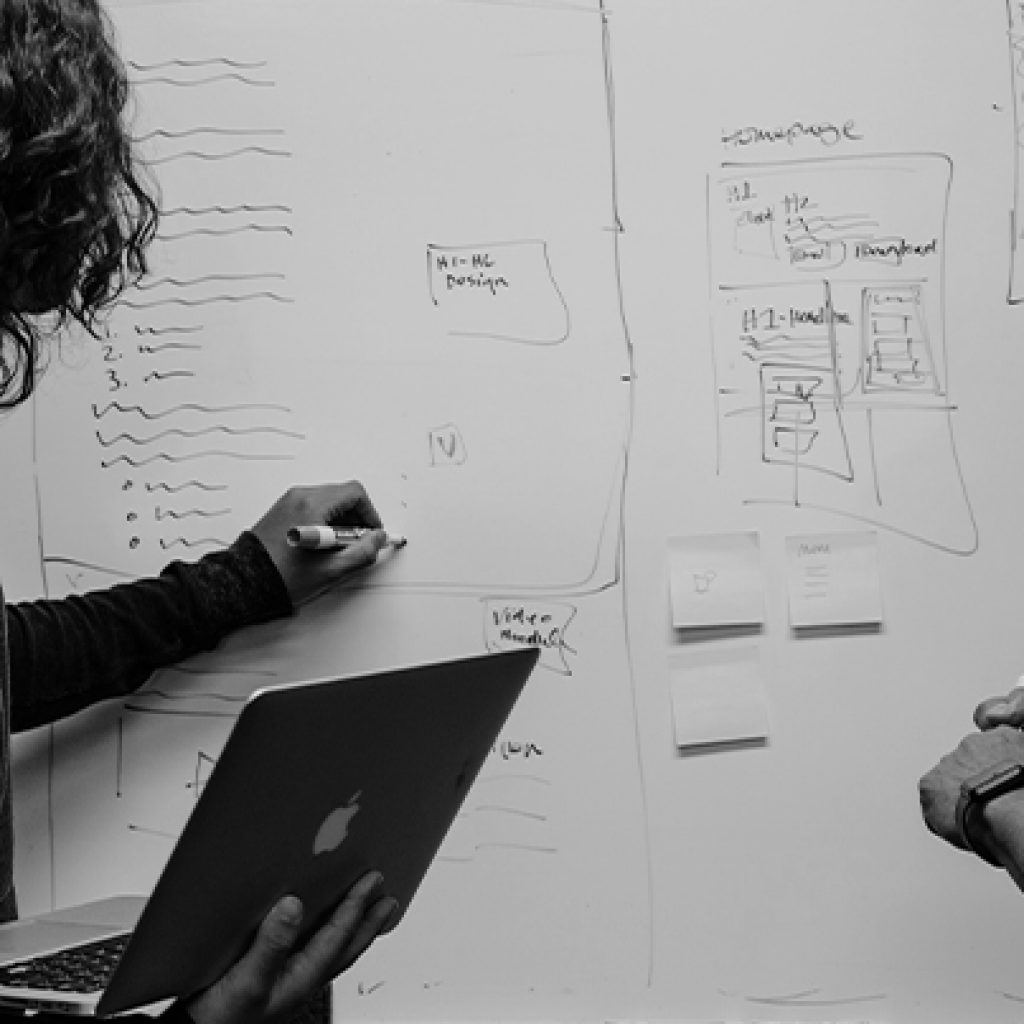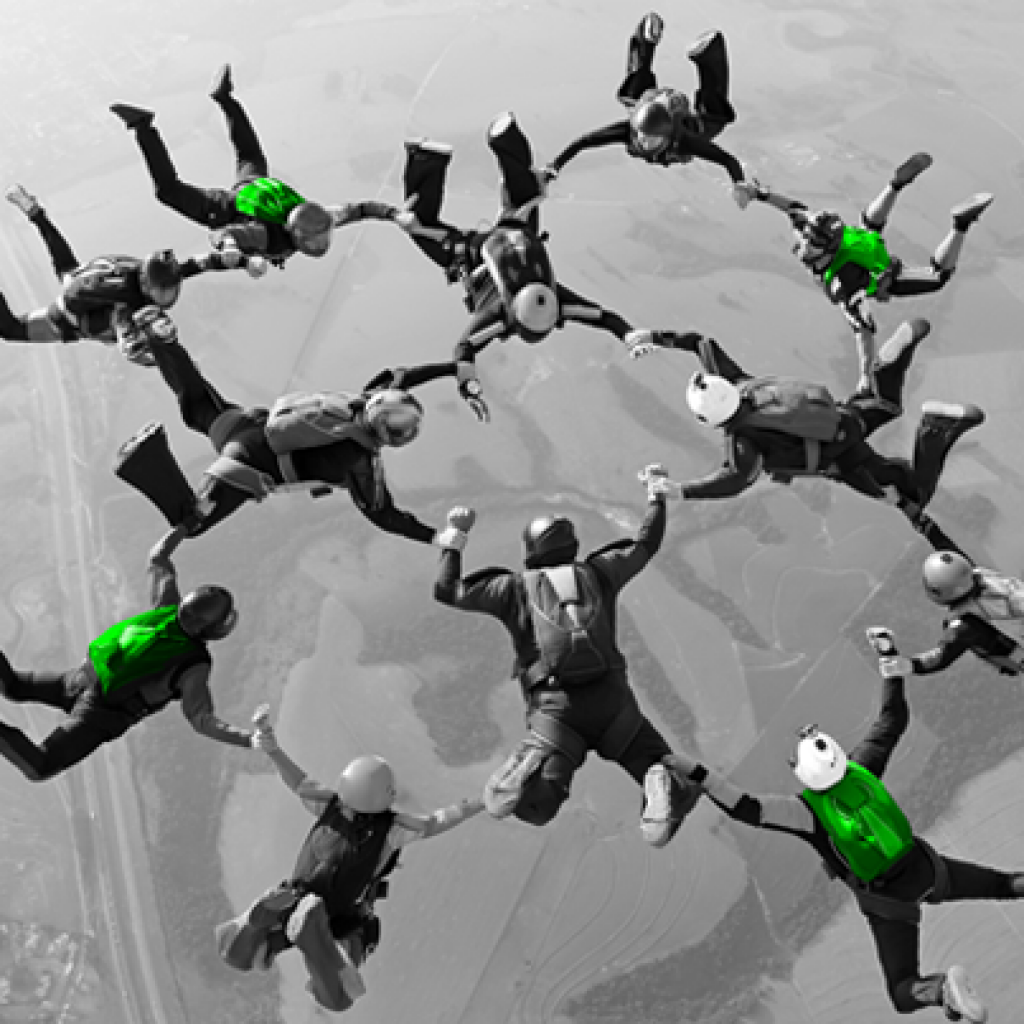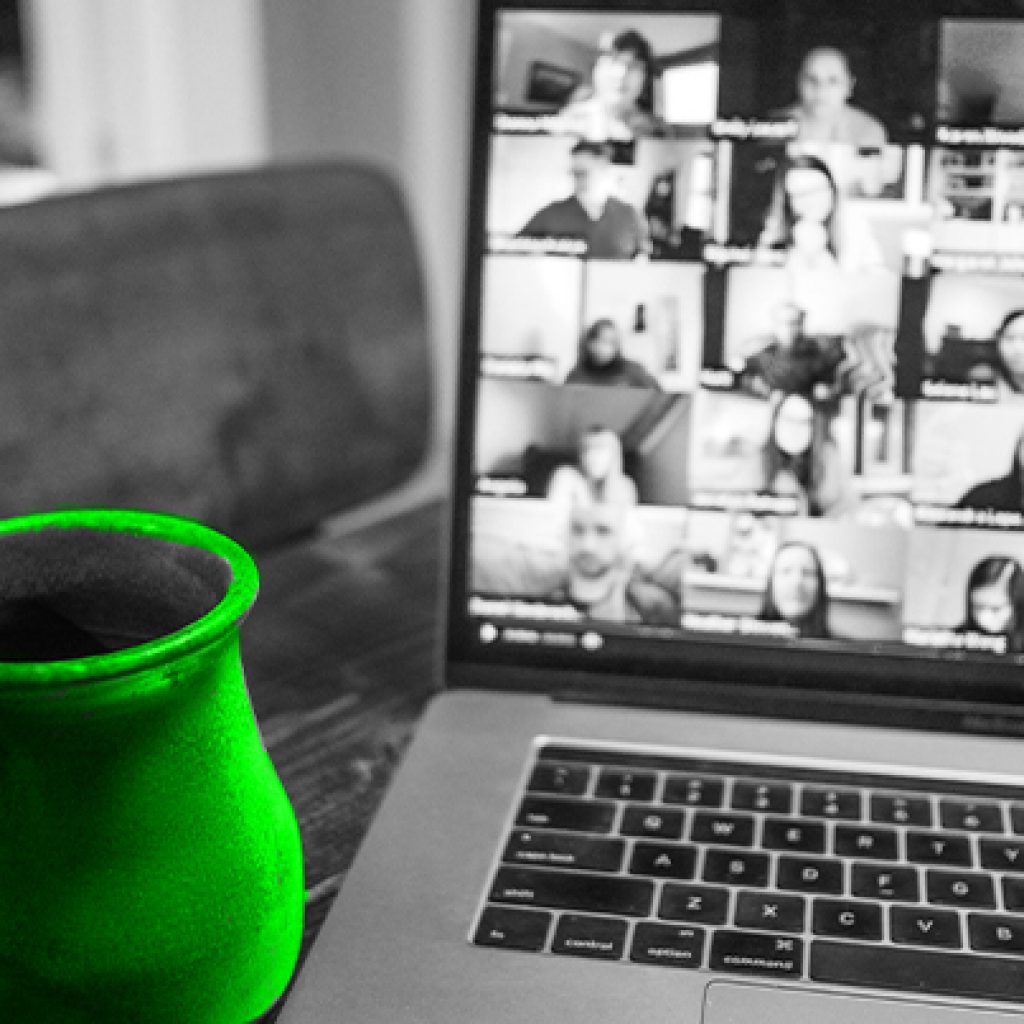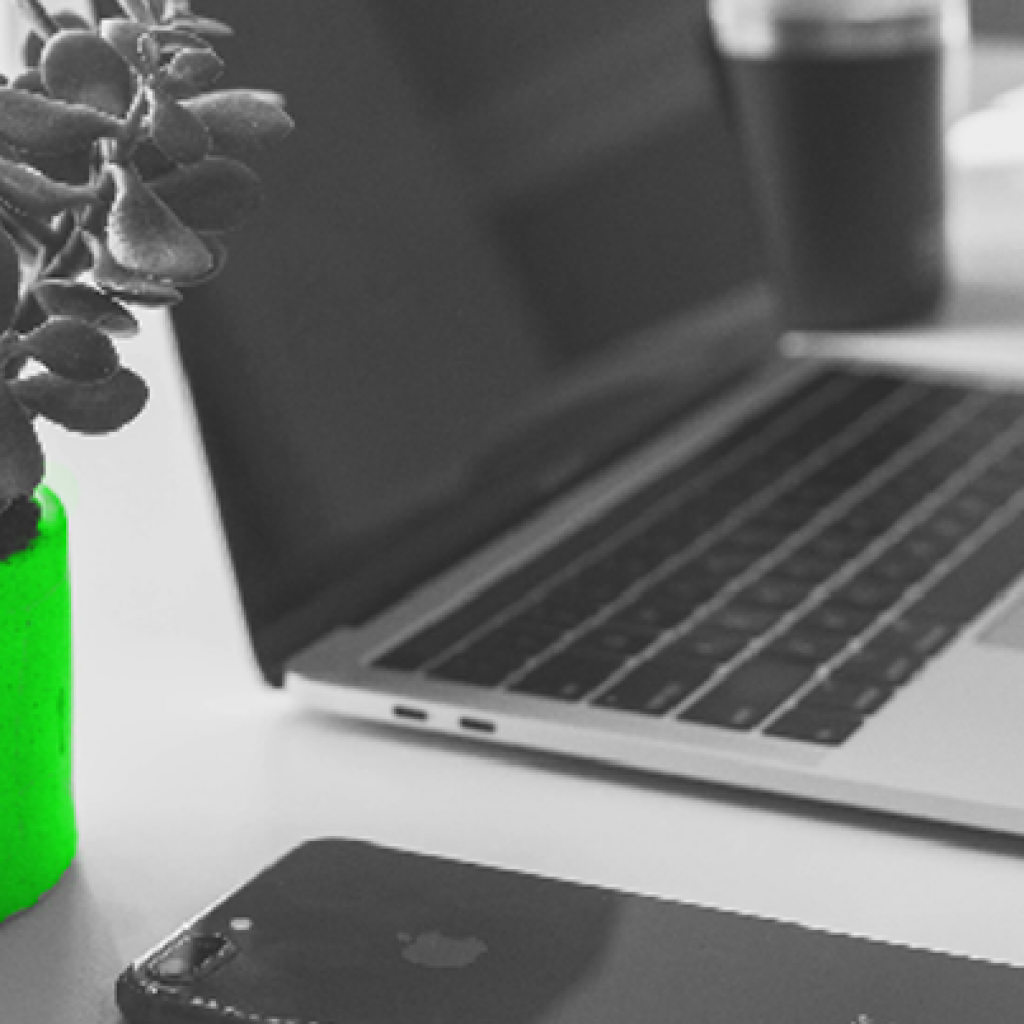As a slightly introverted and sometimes awkward networker, I’ve always found that the fear of what the response maybe is the one thing that gets in the way of developing my network. Not being one for small talk, I find myself having to adapt to our new daily routine of ‘virtual’ introductions. It seems that it’s taken a global pandemic to illustrate how the simplest of things (having a conversation, collaborating over a document) now requires us to be more flexible in our approach than we’ve ever been. In other words, as the pandemic continues to unfold and ‘new normal’ introduces new experiences, it is our ability to adapt that will be key in ensuring we continue to provide value in everything we do.
I’ve worked from home either part or full-time for many years now. Through that time, I’ve had to develop and re-develop my routine; not only based on what works best for me but also on what suits the people I work with. For example, working with engineers or developers is normally fairly straightforward, given that technology is a preferred method of communication. However, talking to customers who typically prefer face-to-face dialogue becomes more of a challenge. I didn’t necessarily get that right first time, and I have most definitely had to adapt my ways of working to suit the organisation I work for, the people I work with, the challenges I face, and the goals and targets that my role requires.
Of course, the Covid-19 pandemic provides additional complexities on top of the standard “WFH” (working from home) requirement. The quiet time that you may once have craved (your “catching up” day, perhaps?) is, in many cases, no longer the quiet space you require with additional family members at home. Additionally, activities such as childcare and home schooling also have to be considered. These extra demands are therefore not just logistical or physical, but also – crucially – emotional. It seems so unfair that kids have to play quietly just because Dad’s on a conference call!
Needless to say, this requires an emotional and professional pivot that seems inconsistent yet also continuous, depending on your diary, the time of day, who’s at home, and who you’re speaking to. The impact seems to be changing, too: when we first went into lockdown, the sun was shining for our daily exercise, we didn’t miss the commute, and work-life balance took on a whole new meaning. But as the weather changes and the nights draw in (and our remote workloads increase!) we now find we’re missing the camaraderie of the office, where access to colleagues and information is more convenient.
Ultimately, and perhaps not unsurprisingly, some of us are really struggling with the prolonged period away from the only work life we’ve known.
The impact that Covid-19 has had on business (and business culture) has been viewed as a very negative thing. Naturally, nobody wants to be in a pandemic, and we certainly don’t want our business strategy impacted by something we can’t control. It is also true that technology has played a bigger part in our daily routine for a number of months now and has shown us a different way of working, in some cases a more convenient and efficient way of working. Providing you take all the necessary security steps and use the permitted business technology tools the change to daily routine can work for most and has potentially become a new normal for some – the reality is that we simply must adapt if we are to thrive, not just survive.
The biggest question for me during the last six months…
My biggest question from the last six months, therefore, is this: based on your experiences through 2020, how do you create the ‘perfect routine’? How do you balance family life? How, in fact, do you improve or stabilise your own output at a time when business is harder for everyone, whatever your industry or role, whatever your home circumstances are?
Speaking personally, my own biggest question has been: how do I adapt my skills and leverage my experience as a leader? Throughout the pandemic, the answer has been in learning more and enhancing existing skills. This has enabled me to tread carefully and compassionately with colleagues, clients and contacts; in particular as I ensure that, where they may be finding themselves compromised by the limitations inherent in the pandemic, I am better able to ‘tune-in’ and help them deal with the situation sensitively. In short: ensuring that I’m supportive, without being intrusive; that any suggestions I may offer are flexible yet structured. To ensure that in a situation that none of us have ever found ourselves in before, we are able to support change and positive adaption with business and family goals.
I’ve recently been supporting an ex-colleague with a piece of work. This person is one of the best business development people I’ve ever had the pleasure of working with; someone who takes great pride in the relationships they’re able to build and maintain. Following a real struggle to complete some basic stakeholder management – which led to a lack of confidence – our conversations turned to how best he might adapt and develop his key relationships and turn these into a ‘virtual’ approach instead of traditional face-to-face engagement. Needless to say, his confidence and success returned in a very short space of time, just because he was willing and able to adapt to a new approach.
This has relevance to all of us, particularly in these challenging times. My best advice is to be as open-minded as possible in your conversations, as you will typically find that it’s the simplest of things – sometimes those that you can’t see yourself – that will help you to resolve the issue you’re facing. In my experience, simply taking a step back and reflecting on the situation can allow you to see the obvious.
The biggest change for me during the last six months…
This has probably resulted in the biggest change for me in business. No longer can I rely on my experience to read body language when face-to-face with my team, which previously supported my intuition and therefore helped shape my conversations with people whilst trying to support them. This has resulted in many more questions, and far more care and thought required into how to phrase those questions. Additionally, research was always the basis determining business issues or requirements in the past, in my recent experience the simple questions like “How are you”, “How is the current situation impacting your role”, and “How are your family impacted by the current situation” take on much more meaning. There is almost license to ask slightly intrusive questions to help understand how you can support that individual in their role or support them with their individual challenges.
These questions have never been more important, and we have rallied to ensure that these questions are authentic – we really are interested in the response that we get as we’re all dealing with and are impacted by the pandemic in different ways and at different times – the now, well documented Coronacoaster!
My biggest concern in the last six months…
My biggest concern is peoples’ health and wellbeing throughout all of this specifically mental health. I manage a football club in my spare time and have been fortunate enough to be able to secure funding recently to deliver mental health training for our players. Whilst I was nervous of how this would be received by a ‘bunch of young adult males’, I was shocked and delighted by the reaction and the clear need for some of these young men to have a safe forum to discuss openly how they were feeling amongst their peers. I’m delighted to say that we now have 22 young men not only having had an opportunity to discuss mental health but also come away from half a day of their time with a new SQA qualification.
It’s currently not easy to deliver mental health training to a disparate workforce. My assumption is that, for some, this may be perceived as too much of an intrusion of peoples’ personal lives and may therefore not be well received. However, I do believe that we’re at a point where care and attention to our mental health in the new work environment is crucial. I am always very conscious of this last point whilst on MS Teams or Zoom calls (other technologies are available!) and I ensure I am my authentic self – for example, I’m never too proud to ask the question that maybe others expect me to know the answer to. This allows others to feel less vulnerable, which in turn increases their appetite to share, help and support others. Virtual discussions using technology have typically been the least human route for us to ordinarily take – and perhaps there are some differences here between the generations and how they adapt to this new way of communicating. But the fact of the matter is that this ‘new way of working’ is here to stay, so let’s embrace it without losing our humanity.
By Scott Hudson | Client partner










